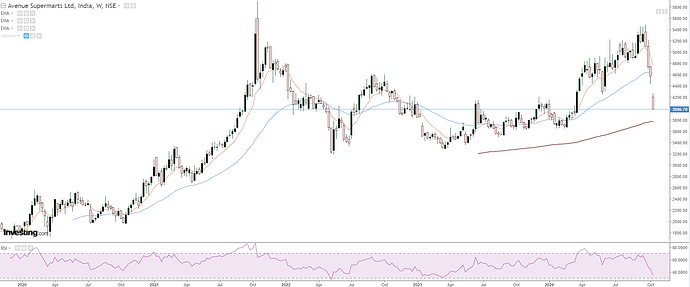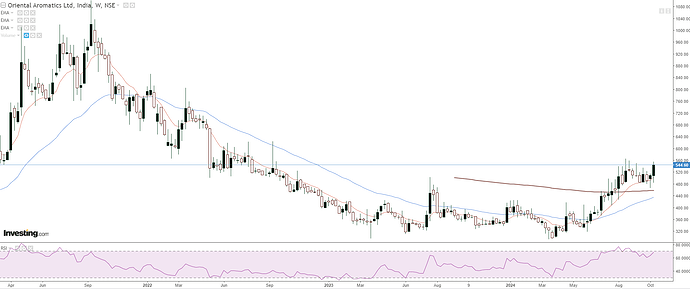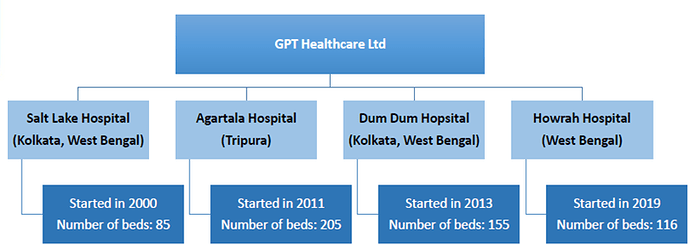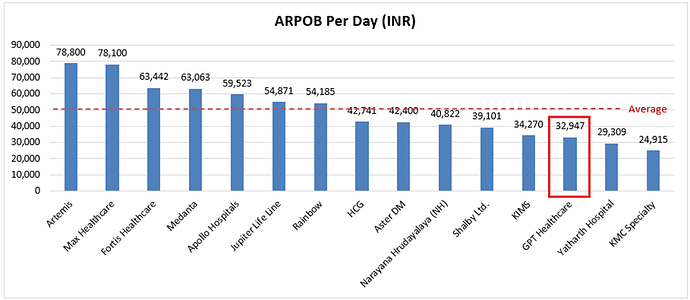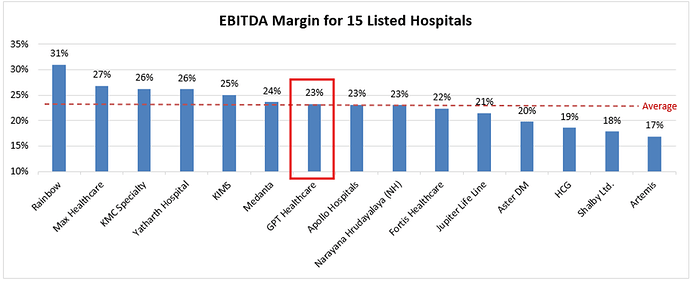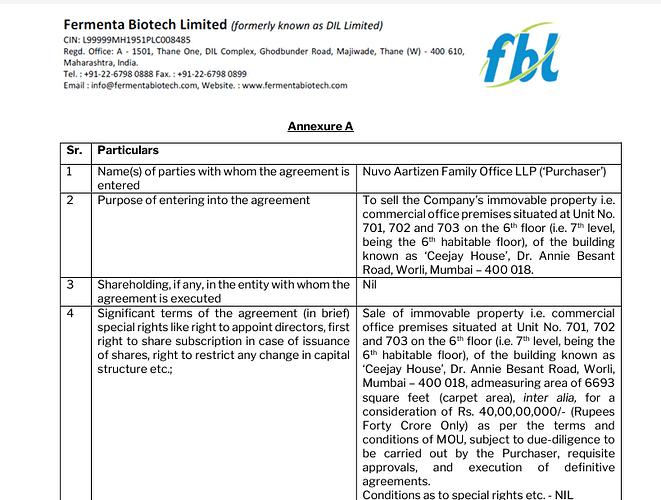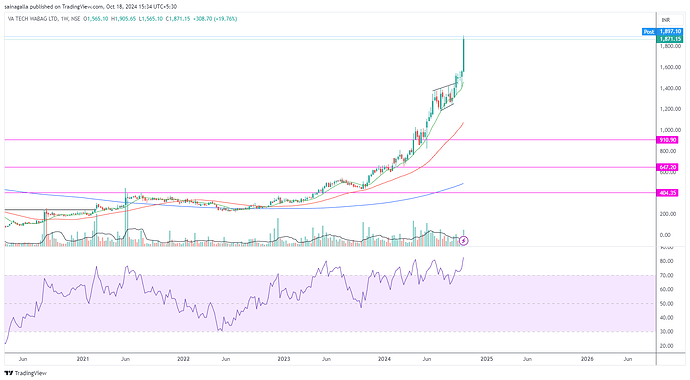Introduction
Tata Communications Limited (NSE: TATACOMM) is a leading global digital ecosystem enabler, offering a comprehensive range of services including network, cloud, security, mobility, and IoT solutions. Formerly known as VSNL, it is a part of the Tata Group, one of India’s largest conglomerates. Tata Communications has evolved from a traditional telecom player to a full-scale digital transformation partner. This strategic shift reflects in the company’s business model, market position, and financial performance. Here’s an in-depth analysis of Tata Communications’ key business areas, competitive advantages, financial metrics, and growth prospects.
1. Business Overview
Tata Communications has established itself as a leader in providing digital infrastructure services globally. The company’s core services span:
-
Global Network Infrastructure: It operates one of the world’s largest submarine cable networks, which carries around 30% of global internet routes. This expansive network gives the company a significant advantage in providing high-speed, reliable connectivity solutions to global enterprises.
-
Data Centre and Cloud Services: Tata Communications is heavily invested in cloud infrastructure and edge computing services, offering hybrid cloud solutions. As enterprises migrate to the cloud, this segment stands to benefit from increased demand.
-
Internet of Things (IoT): Tata Communications has also built strong capabilities in the IoT space, enabling connected devices for industries such as automotive, manufacturing, and logistics.
-
Security and Unified Communications: Their suite of managed security services and unified communication tools help companies streamline their operations while mitigating security risks in a world increasingly exposed to cyber threats.
2. Competitive Advantages
-
Global Reach: Tata Communications’ submarine cable network spans more than 500,000 kilometers, connecting key global markets across continents. This gives the company a unique edge in terms of network reach, allowing them to serve large multinational clients.
-
Trusted Tata Brand: Being part of the Tata Group, Tata Communications enjoys the credibility and trust associated with one of India’s most respected business houses. This enhances customer confidence and attracts high-profile clients.
-
Comprehensive Service Portfolio: Tata Communications offers a one-stop solution for enterprises looking to transition into digital ecosystems. Their comprehensive portfolio — from connectivity and cloud to cybersecurity — makes them an ideal partner for companies undergoing digital transformation.
-
Strategic Alliances: The company has formed key partnerships with tech giants like Microsoft, Amazon Web Services (AWS), and Google Cloud to bolster its cloud offerings. Such collaborations enhance its ability to cater to evolving enterprise needs.
3. Financial Performance
Over the past few years, Tata Communications has undergone a significant transformation, and its financial performance reflects this shift. Key financial highlights include:
-
Revenue Growth: Tata Communications has shown consistent revenue growth driven by its enterprise services, cloud, and security solutions. For FY2023, the company posted a consolidated revenue of ₹17,095 crore, representing a 6-8% year-on-year growth.
-
Profitability: A key focus for the company has been on improving profitability. Over the past few years, Tata Communications has reduced its debt, improved operational efficiencies, and focused on high-margin segments. This has led to a notable improvement in EBITDA margins, reaching around 25% in FY23.
-
Debt Reduction: One of the company’s strategic objectives has been to reduce its debt burden. Over the past few years, Tata Communications has steadily deleveraged its balance sheet, reducing its net debt-to-EBITDA ratio to below 2x. The company aims to further reduce debt in the coming years, which should improve financial flexibility.
-
Cash Flow: The company has maintained a strong focus on cash flow generation, resulting in positive free cash flows that it can reinvest into its business to fuel future growth.
4. Growth Drivers
Several factors are expected to drive Tata Communications’ growth in the coming years:
-
Digital Transformation: The ongoing digital transformation across industries presents a significant growth opportunity for Tata Communications. Enterprises are increasingly investing in cloud, data centers, cybersecurity, and IoT, all areas where the company has established a strong foothold.
-
5G and Edge Computing: Tata Communications is well-positioned to benefit from the rollout of 5G networks, which will require massive infrastructure and connectivity support. Its edge computing solutions also align with the rising demand for faster, localized data processing.
-
Global Enterprise Clients: The company continues to expand its client base across key markets in North America, Europe, and Asia-Pacific. With its robust global network infrastructure and enterprise-focused solutions, Tata Communications can tap into the growing demand for digital services from large multinational companies.
-
Strategic Acquisitions: Tata Communications has been strategic in acquiring companies that complement its existing offerings. This acquisition-driven growth strategy helps the company enter new verticals, expand its technology stack, and enhance its capabilities in areas like cloud and cybersecurity.
5. Risks and Challenges
While Tata Communications holds significant growth potential, there are also some risks that investors should consider:
-
Intense Competition: The digital infrastructure space is highly competitive, with global players like AT&T, Verizon, and Vodafone competing for enterprise clients. Tata Communications needs to continuously innovate and scale its services to stay ahead.
-
Currency Fluctuations: Given the company’s large international exposure, currency volatility can impact its financial performance. A stronger rupee could adversely affect earnings from international markets.
-
High Capital Expenditure: The company operates in a capital-intensive industry. Investments in expanding network infrastructure, cloud capabilities, and cybersecurity will require significant capital outlay, which could pressure margins in the short term.
-
Regulatory Risks: As a telecommunications and digital services provider, Tata Communications is subject to regulatory scrutiny across different geographies. Changes in telecom regulations, data privacy laws, and other compliance requirements can impact its business operations.
6. Valuation and Outlook
Tata Communications’ stock has been re-rated in recent years, with the market recognizing the company’s transformation from a legacy telecom provider to a high-growth digital infrastructure player. The stock trades at a P/E multiple of around 20-25x, which is relatively attractive given its growth prospects and improving financial performance.
-
Valuation Ratios: In terms of valuation, Tata Communications’ price-to-earnings (P/E) and enterprise value-to-EBITDA (EV/EBITDA) ratios are in line with industry peers, making it a fair value proposition for long-term investors.
-
Growth Potential: With the global shift towards digital ecosystems, cloud services, and 5G, Tata Communications is poised for sustained growth. The company’s robust infrastructure, diversified services, and global client base position it well to capture future opportunities.
Conclusion
Tata Communications is well-positioned to benefit from the ongoing global digital transformation. Its diversified service offerings, expansive global network, and strategic alliances with technology leaders provide a solid foundation for growth. Financially, the company has improved its profitability, reduced debt, and maintained strong cash flows, enhancing shareholder value.
Investors looking for exposure to the digital infrastructure and cloud services sectors may find Tata Communications an attractive long-term investment. However, it is important to remain mindful of competitive pressures, capital expenditures, and regulatory risks that could affect short-term performance.

